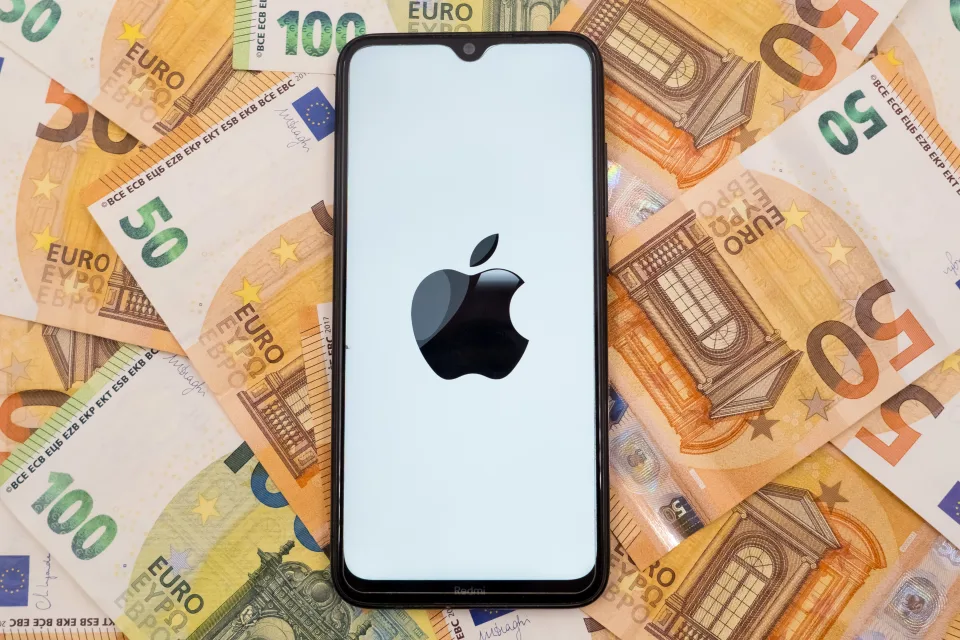Reportedly, EU regulators have taken a stance against Apple in its prolonged battle with Spotify regarding App Store policies. The focal point of the complaint revolves around “anti-steering” rules, which are alleged to have hindered platforms like Spotify from effectively promoting alternative payment methods. While Spotify was the primary adversary, the decision has implications not only for music streaming but also for any software provider offering subscriptions.
According to Bloomberg, regulators are in the final stages of shaping the ruling, and a formal decision is anticipated early next year. In conjunction with the ruling, the EU is likely to impose penalties on Apple for this practice, potentially banning it altogether. Speculation suggests that Apple could face a substantial fine, possibly amounting to ten percent of its annual global revenue, translating to nearly $40 billion.
However, the actual fine may be lower, as the EU often prioritizes ending abusive practices over relying solely on fines as a deterrent. The significant development will be Apple’s obligation to adhere to regulations when operating in Europe, putting an end to anti-steering practices once and for all. The conclusive outcome will be contingent on the regulatory body’s official judgment.
This development stems from an investigation initiated four years ago, triggered by a complaint from Spotify. Spotify alleged that Apple’s anti-steering practices compelled the music-streaming platform to increase prices, covering expenses linked to its presence on the App Store. The initial “statement of objections” against Apple emerged in 2021, followed by a formal charge sheet in February, as reported by The Verge.
In this charge sheet, a “preliminary view” was expressed, asserting that Apple’s “anti-steering obligations” create “unfair trading conditions.” Historically, Apple restricted rival streaming services, such as Spotify, from including links in third-party apps to their subscription sign-ups. Although Apple has relaxed this restriction to some extent after an antitrust investigation in Japan, the EU ruling could further diminish this mandate.
The European regulatory commission will specifically address the allegation that Apple hindered companies from promoting alternative subscription methods but will not delve into matters related to in-app purchases. Notably, the complaint initially encompassed fees associated with in-app purchases until they were excluded in February. Additionally, the EU has initiated a separate inquiry into Apple’s tap-to-pay technology, exploring potential antitrust concerns, and there are reports of ongoing discussions for a settlement in that case.
What impact will this have globally? A comparable situation is unfolding in the United States, where an antitrust lawsuit brought by Epic Games against Apple is progressing through the courts. While a judge ruled in favor of Epic, Apple has sought an appeal from the Supreme Court, which has granted a temporary stay, allowing Apple to maintain its current practices in the App Store, at least for the time being. Given Apple’s global reach, change on a company-wide scale could be influenced by actions taken in a few countries, as demonstrated by the adoption of USB-C ports.
In contrast, Google faced a different outcome in a US court recently. In a parallel antitrust case against Google, a federal jury unanimously sided with Epic Games, determining that Google maintained an illegal monopoly on app distribution and in-app billing services for Android devices.




